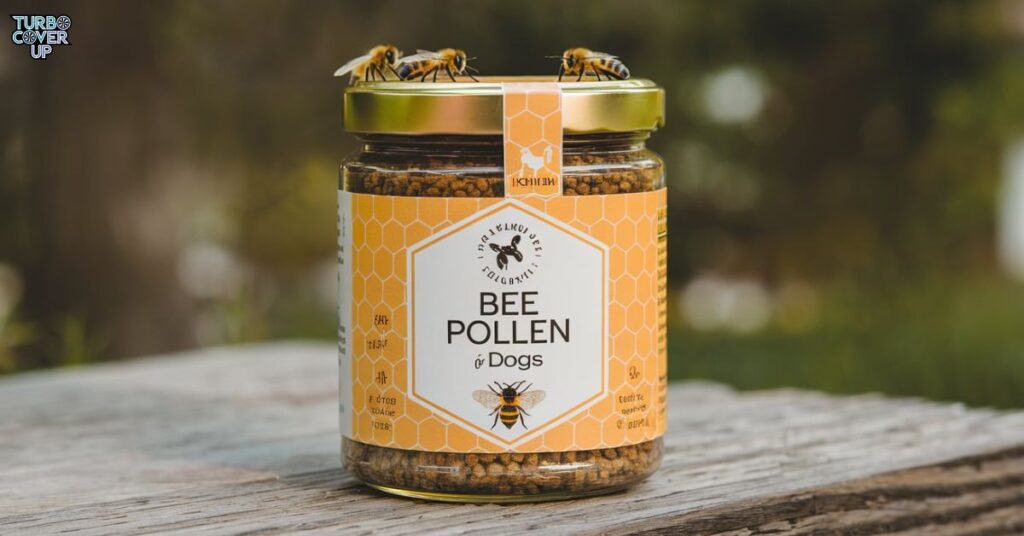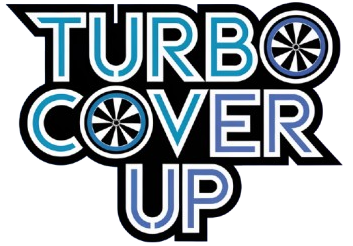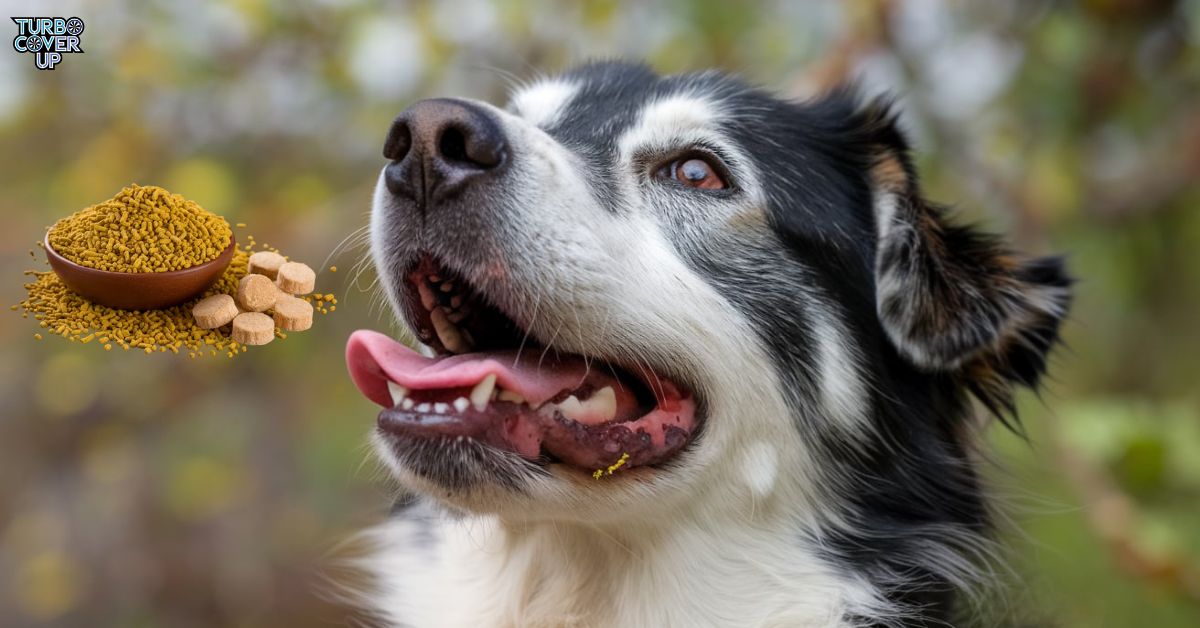Bee pollen might sound like something only bees should benefit from, but that’s far from the truth. This superfood is a natural remedy packed with powerful nutrients that can make a big difference in your dog’s health.
With an impressive nutritional profile and a rich supply of essential fatty acids, bee pollen is quickly becoming a popular dog supplement across the United States. Adding it to your dog’s diet can improve their immune health, provide allergy protection, and help them maintain a healthy weight.
Contrary to popular belief, bee pollen doesn’t just benefit bees
Bee pollen is a small, nutrient-rich substance produced by bees that’s more than just bee food. It’s loaded with vitamins, minerals, and digestive enzymes that contribute to your dog’s overall wellness.
Unlike other supplements that may have one or two benefits, bee pollen can enhance your dog’s immune system, aid in digestion, and even support muscle growth. Plus, it’s a natural way to boost your dog’s nutritional intake, making it a great addition to their daily meals.
For dogs with canine allergies, bee pollen can work as a natural antihistamine, helping to reduce allergy symptoms without the side effects of traditional medicines. By regularly consuming bee pollen, your dog’s immune response can become better regulated, offering them greater protection from allergens.
Where does it come from?

Bee pollen is a product of hard-working bees. They collect pollen from flowers and mix it with nectar and saliva to form small granules. These granules are carried back to the hive and used to feed the bee colony. In many ways, it’s like a pollen supplement for the bees themselves, packed with everything they need to thrive.
However, the quality of bee pollen can vary greatly depending on factors like geography, plant source, and even weather. To ensure your dog gets the best benefits, it’s crucial to buy from trusted sources that offer organic or toxin-free bee pollen. High-quality pollen from less polluted environments, like deserts, is ideal for getting the most out of this natural supplement.
The Differences between Bee Pollen and Honey
While both bee pollen and honey come from bees, they have very different nutritional profiles. Honey is made from nectar, which bees process and turn into a sweet liquid. It’s rich in sugars but lower in proteins and nutrients compared to bee pollen.
Bee pollen, on the other hand, is packed with more protein and healthy fats than honey. It’s a nutrient-rich substance with a higher concentration of vitamins and antioxidants. This makes it more of a medicinal product, ideal for boosting your dog’s immune system and providing health benefits that honey can’t offer.
| Nutrient Comparison | Bee Pollen | Honey |
| Protein | High | Low |
| Fatty Acids | Rich in Omega-3 & Omega-6 | Low |
| Antioxidants | Abundant | Minimal |
| Sugars | Low | High |
Bee Pollen Is a Nutritional Powerhouse

Bee pollen is often called a nutritional powerhouse because it contains nearly every nutrient your dog needs. It’s rich in proteins (about 35%) and carbohydrates (50%), making it an excellent energy source for your pet. The essential fatty acids, including Omega-3 and Omega-6, play a key role in maintaining a healthy coat, promoting muscle development, and aiding in weight management.
Bee pollen also has a robust antioxidant profile. Flavonoids and resveratrol act as free radical scavengers, protecting your dog’s cells from damage and supporting their cellular health. Additionally, the enzymes in bee pollen can enhance digestive health by promoting better nutrient absorption and supporting gut health.
The benefits
The health benefits of bee pollen are vast and varied. It’s an ideal immune support supplement, helping your dog ward off infections while keeping their immune system strong. The high concentration of antioxidants helps protect your dog from oxidative stress, which can lead to serious health problems over time.
Another major benefit is its detox properties. Bee pollen can assist in cleansing your dog’s body, helping to remove harmful toxins and improving liver health. The fatty acids in bee pollen are also beneficial for maintaining healthy skin and reducing inflammation, making it a great natural remedy for dogs with joint pain or arthritis.
Some key reasons to add bee pollen to your dog’s diet
Adding bee pollen to your dog’s diet can offer allergy protection. It contains quercetin, which is a natural antihistamine. When consumed regularly, bee pollen helps to reduce allergic reactions by regulating your dog’s immune response. For dogs that suffer from seasonal allergies, bee pollen can be a game-changer.
Another reason to incorporate bee pollen is its ability to enhance muscle strength. The amino acids in bee pollen are easily absorbed by the body, making it an excellent way to support muscle growth and recovery, especially for active dogs. Furthermore, its role in improving digestive health means better nutrient absorption and overall well-being for your dog.
How Much Bee Pollen Should I Feed My Dog?
Determining the right amount of bee pollen for your dog depends on their size. A good rule of thumb is to start small and gradually increase the amount. For example, a 50-pound dog can start with 1/3 of a teaspoon and work up to a full teaspoon per day. This allows you to monitor any sensitivities your dog might have and adjust the dosage accordingly.
Keep in mind that bee pollen is a superfood; a little goes a long way. You don’t need to overload your dog with it to see benefits. Just adding it to their meals daily can boost their immune system, improve digestive health, and help with allergy relief.
Why does my dog need bee pollen?
There are plenty of reasons your dog needs bee pollen in their diet. First, it supports immune health by strengthening their defense system against infections and allergens. Second, it provides a wealth of nutritional advantages, from healthy fats to antioxidant properties. These benefits make it a versatile health supplement for dogs of all ages and sizes.
Additionally, bee pollen can improve your dog’s physical health by supporting muscle development and enhancing fitness. It’s not just for dogs with health issues— even healthy dogs can benefit from the wellness aid it offers, improving their overall vitality.
Bee Pollen and Allergies
One of the standout benefits of bee pollen is its ability to offer allergy protection. Many dogs suffer from canine allergies, which trigger an overactive immune response. By introducing bee pollen into their diet, you help desensitize your dog to common allergens. Over time, the quercetin in bee pollen can reduce the frequency and severity of allergic reactions.
If your dog deals with seasonal allergies or skin sensitivities, bee pollen is a natural, safe alternative to pharmaceutical options. It’s a gentle yet effective way to improve your dog’s immune support while offering allergy relief.
Pollen Bee for Dogs Side Effect
Bee pollen is generally safe for dogs, but some may experience side effects. Dogs with allergies to bees or pollen might have reactions like itching, swelling, or trouble breathing. If your dog has never had bee pollen before, start with a small amount to see how they react.
In rare cases, bee pollen can upset your dog’s stomach, leading to vomiting or diarrhea. It’s important to introduce it gradually and consult your vet, especially if your dog is on medication or has existing health conditions.
Frequently Asked Questions
Can I give my dog bee pollen?
Yes, you can give your dog bee pollen. It’s a natural supplement that offers various health benefits, including immune support and allergy relief.
What are the side effects of bee pollen?
While rare, side effects may include mild digestive issues or allergic reactions like itching or swelling. Always introduce it gradually and consult your vet.
Can pollen make dogs sick?
Some dogs may be sensitive to pollen, which can cause allergies or upset stomachs. Start with small doses and watch for any symptoms.
Does bee pollen help with allergies?
Yes, bee pollen contains quercetin, a natural antihistamine that can help reduce allergic reactions and improve immune health.
Why does my dog need bee pollen?
Bee pollen is packed with nutrients like essential fatty acids, antioxidants, and vitamins, making it great for overall well-being and immune support.
Conclusion
Bee pollen is a powerful natural supplement that can greatly benefit your dog’s overall health. From boosting immune support to aiding with allergies, it offers a wide range of nutrients like essential fatty acids, antioxidants, and vitamins. While it’s generally safe, introducing it gradually and monitoring for any side effects is important. By adding bee pollen to your dog’s diet, you can promote better digestion, healthier skin, and improved well-being. Always consult your vet before making any significant dietary changes for your pet.
Read More:

